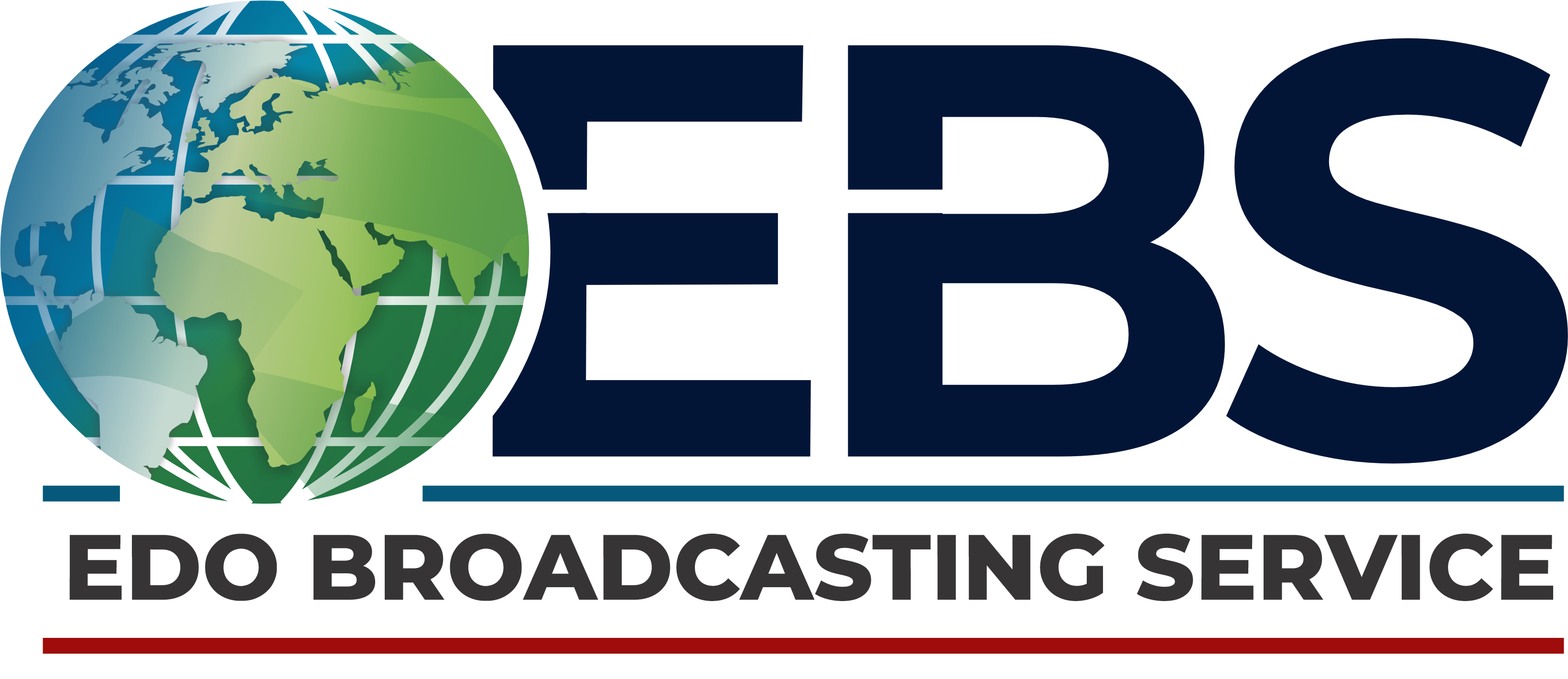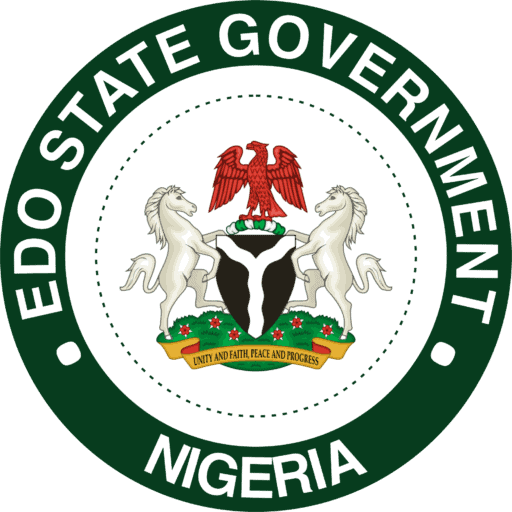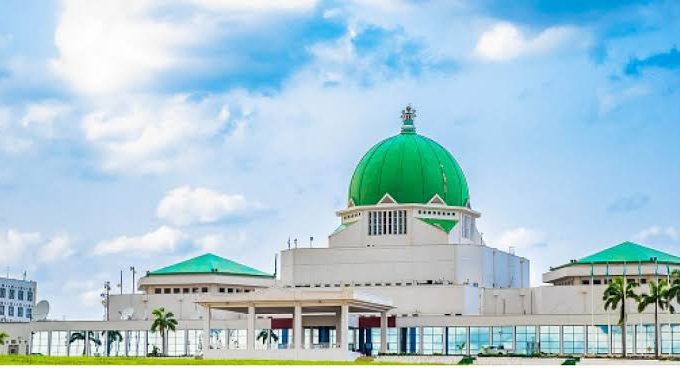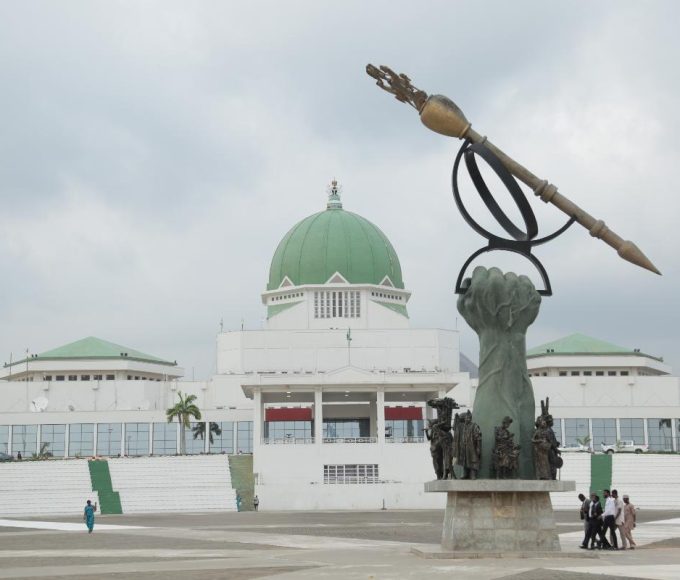…reiterates commitment to education, culture, and development
The Edo State Governor, Senator Monday Okpebholo, has approved the compulsory teaching of Edo indigenous languages in schools across the state as part of efforts to preserve the state’s rich cultural heritage and promote indigenous knowledge.
Governor Okpebholo made the announcement when he received the leadership of the Esan Okpa Initiative on a courtesy visit to Government House, Benin City.
The Governor said his administration would reintroduce Edo languages into the school curriculum, beginning from the primary level, to ensure that every ethnic group in the state preserves its native tongue.
“On language, we must start from home, because charity begins at home,” he said. “We will reintroduce vernacular into our school system. Let every tribe begin to learn and speak their language so that no language goes into extinction.”
He also directed the Ministry of Education to intensify efforts in the ongoing rehabilitation of schools across the state, including the provision of seats, desks, toilets, boreholes, perimeter fencing, and solar lighting.
According to him, “We are working on a school access programme where our children can have hands-on experience in computer studies — so they can see and touch technology in real time.”
Governor Okpebholo expressed appreciation to the Esan people for their support, describing them as a “critical pillar” of his administration’s success. He reaffirmed his commitment to reviving Ambrose Alli University (AAU), Ekpoma, describing the institution’s restoration as “a victory for the people.”
Highlighting his administration’s achievements, the Governor disclosed that road rehabilitation and new construction projects were ongoing across the three senatorial districts, while 50 Compressed Natural Gas (CNG) buses had been ordered to strengthen the state’s public transport system.
In the health sector, he said 65 primary healthcare centres had been completed or rehabilitated to deliver quality, accessible healthcare across communities. He also announced progress on the Ekpoma–Uromi–Ubiaja Road project, with compensation already being paid to affected property owners.
On security, Governor Okpebholo revealed that the state had purchased new equipment and was building a new mobile police barracks in the central district.
“We are decentralising security operations,” he said. “We trained over 2,000 personnel who are now on the government payroll, and we are considering engaging local hunters to strengthen community security.”
Reiterating his development vision, Okpebholo said his administration was focused on legacy projects that would outlive his tenure.
“My concern is legacy — what we will leave behind for our people. That is the true essence of leadership,” he stated.
Earlier, the President of the Esan Okpa Initiative, Rt. Hon. Mathew Egbadon, commended Governor Okpebholo for his developmental strides in less than one year in office, especially in education, infrastructure, and employment generation.
He urged the Governor to prioritise the teaching of Esan language in schools, aligning with the 2022 National Language Policy of the Federal Government, which mandates the use of indigenous languages as the medium of instruction in the first six years of primary education.
Egbadon praised Edo’s inclusion in the Federal Government’s ₦142 billion modern bus terminal project, describing it as a testament to the Governor’s visionary leadership. He also called for the establishment of agro-based industries, independent power generation in Esanland, and stronger support for security agencies.
He reaffirmed that the Esan Okpa Initiative remains a non-partisan socio-cultural movement committed to the unity, peace, and progress of Esan people.










